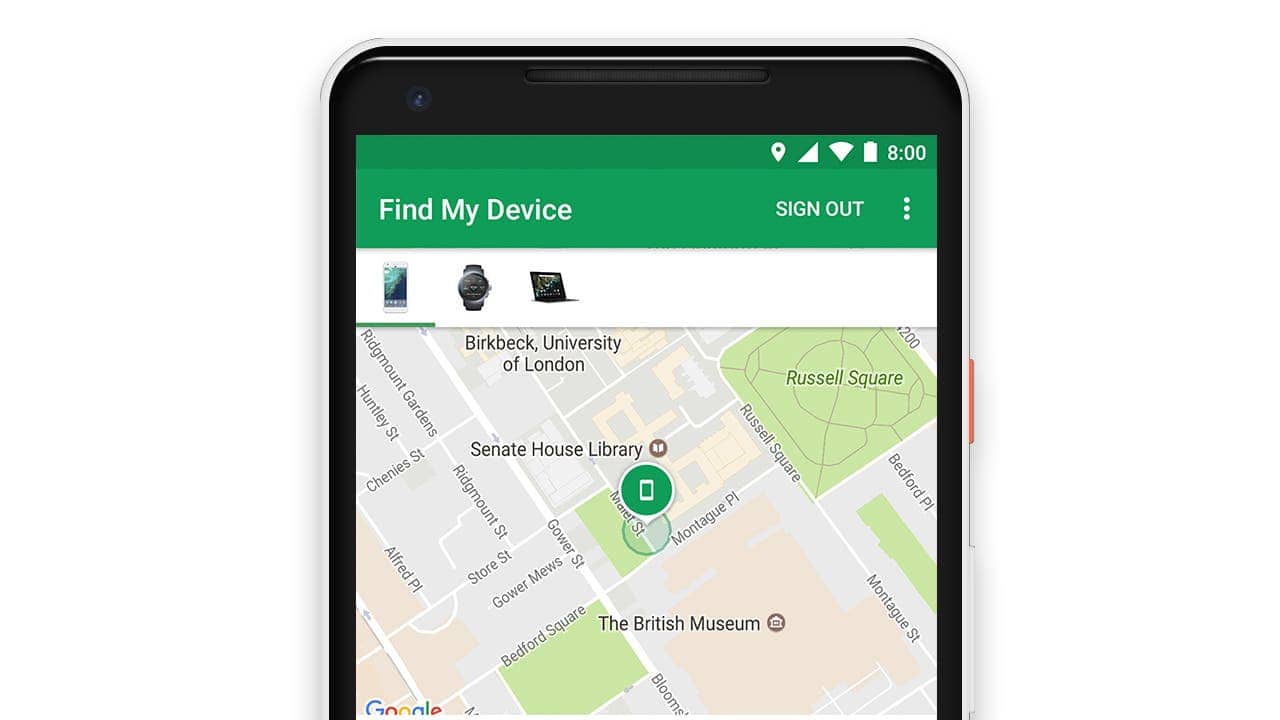Apple’s upcoming iOS 18 update is set to introduce a significant change for EU iPhone users. This new change will enable them to switch their default navigation app from Apple Maps to alternatives like Google Maps. This move marks a departure from the previous restrictions that tied users to Apple’s native navigation app.

Apple has just updated the “DMA Compliance Report Non-Confidential Summary” document, which mentions some future changes to iOS. One of the plans is to allow EU iPhone users to change the default navigation app from Change “map” to something else:
Apple also plans to introduce a new default navigation app option in Settings. Apple aims to provide this solution by March 2025.
If nothing else, EU users will be able to see this change in iOS 18 and even some iOS 17 version updates.
At the same time, to meet the requirements of the European Union’s “Digital Market Act“, Apple has popped up a “default browser” option for users in the iOS 17.4 version. With this, users can choose the browser they want to use by default, and it also supports third-party search engines. Apple’s decision to allow EU iPhone users to change their default navigation app in iOS 18 signifies a shift towards greater user choice and flexibility. This move is in line with efforts to comply with regulations and enhance user experience.
Impact of this change on iOS 18
The introduction of this feature will empower users by giving them the freedom to choose their preferred navigation app, such as Google Maps, over Apple Maps. This change is expected to streamline navigation processes and cater to diverse user preferences.

Apple’s regulatory compliance
The decision to implement this feature in iOS 18 aligns with regulatory requirements, particularly in the European Union. By offering more options for navigation apps, Apple is adapting to regulatory frameworks while fostering competition and innovation.
In addition, Apple is also preparing to add the “Delete Safari from iPhone ” function through iOS updates before the end of this year. The default browser of Apple’s iOS has always been Safari. However, if the user has installed other browsers, they can also manually set other browsers as the default option. Now, the selection interface pops up as required by law.
Elsewhere, Apple also plans to bring “a security solution” later this year that will expand app analytics data globally. This will allow users to authorize developers to access data related to their users’ data (provided Apple can access these data and the user has agreed to have their data shared with the developer).
Apple’s effort to comply with DMA
Apple is making efforts to comply with the Digital Markets Act (DMA) in the European Union by implementing changes to iOS, Safari, and the App Store. These changes include over 600 new APIs, expanded app analytics, and functionality for alternative app distribution and payment processing. Apple aims to protect user security, privacy, and safety by introducing safeguards such as Notarization for iOS apps, authorizations for marketplace developers, and disclosures on alternative payments to reduce risks posed by the DMA.
To address concerns raised by governments and users regarding the risks associated with allowing alternative app stores and payment processors on iOS, Apple is working to innovate and protect users while complying with the law in all countries where they operate. Apple’s compliance with the DMA involves creating new options for developers and users. This includes enabling sideloading for EU users to download apps from sources other than the App Store. It is also alternative options for app distribution and payments.
User Experience Enhancement & Industry Response
By enabling users to select their default navigation app, Apple aims to enhance the overall user experience on iPhones. This change reflects a customer-centric approach that prioritizes user convenience and satisfaction.
The tech community has shown interest and anticipation regarding this upcoming feature in iOS 18. Users and developers alike are looking forward to the increased flexibility and customization options it will bring. The industry believes that Apple’s move to allow EU iPhone users to change their default navigation app in iOS 18 represents a significant step towards. This would enhance user choice and experience.

Conclusion
In conclusion, Apple’s decision to allow European iPhone users to change their default navigation app in iOS 18 represents a significant shift towards greater user empowerment and regulatory compliance. This move, prompted by the European Union’s Digital Markets Act, signifies Apple’s commitment to fostering competition, enhancing user choice, and improving overall user experience.
The introduction of this feature is expected to streamline navigation processes and cater to diverse user preferences, ultimately empowering users to select the navigation app that best suits their needs. Furthermore, Apple’s proactive approach to regulatory compliance demonstrates its dedication to adhering to legal frameworks while innovating to protect user security, privacy, and safety.
As Apple prepares to implement changes to iOS, Safari, and the App Store to comply with the Digital Markets Act, the tech community eagerly anticipates the impact of these developments. With over 600 new APIs, expanded app analytics, and functionality for alternative app distribution and payment processing, Apple is poised to create new opportunities for developers and users alike while maintaining its commitment to user-centric design and innovation.
Overall, Apple’s compliance efforts and user-centric approach underscore its commitment to enhancing the digital ecosystem while ensuring a safe and secure environment for users worldwide. The industry response to these upcoming changes reflects anticipation and optimism for the future of iOS and Apple’s continued leadership in the mobile technology landscape.





